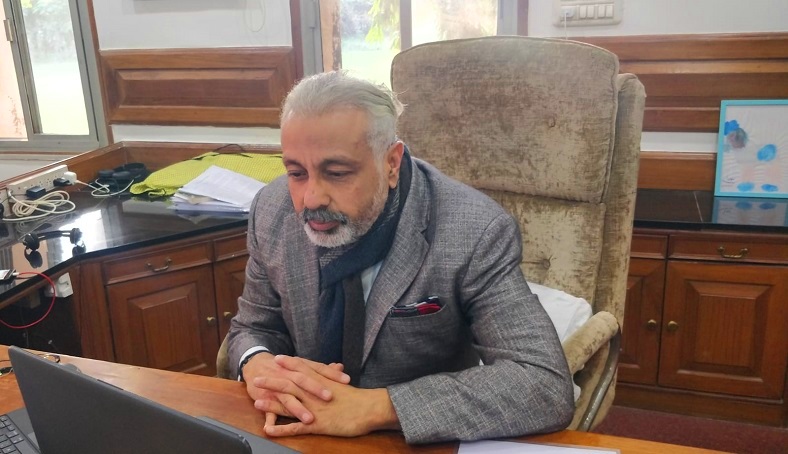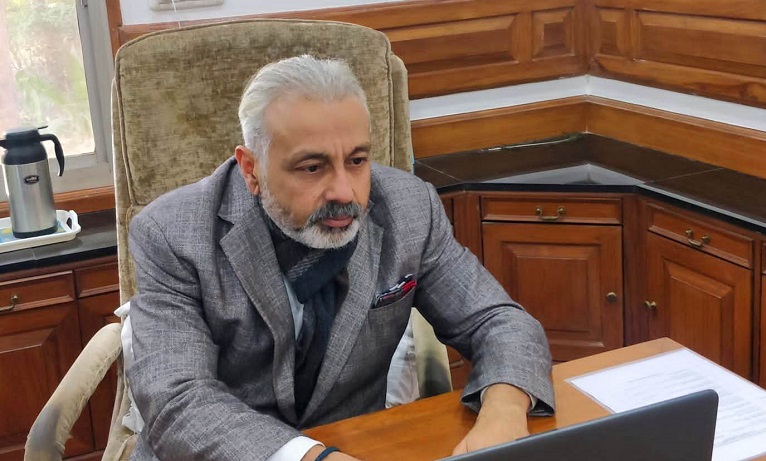Preparing a Pandemic Response for the New Era of Learners
Who knows if the next pandemic could occur as early as next year. Or in 2033. Or 2052. It could be one of the hundreds of known coronaviruses, or it could be a newly mutated strain of the flu. On Earth, there is no shortage of evolving microbes capable of producing a new human scourge.
What, if anything, should schools do to prepare for another pandemic in the future? What lessons have been learned in order for schools to do a better job the next time—assuming there is a next time?
The lessons learned during this pandemic are numerous, ranging from the fragility of schools as social-safety nets for working families to our systematic ability to advance technological equity when compelled, to teachers’ frontline worker status, despite being underpaid and undervalued, to the direct correlation between classroom sizes and culture effectiveness. We’ve learned a loud lesson through these times, and that lesson is that schools frequently only know about students and families in the context of classrooms, rather than the communities in which schools are located.
Adding an opinion to this, Anoop Singh Bishnoi, Chairman of The Doon School, Dehradun, said, “We must situate ourselves as learners of place if we are to do a better job the next time our nation and world are paused-to-pivot in response to the crisis. Every community has its own distinct footprint, which often shapes and informs how residents navigate and make sense of what it means to be a resident, a citizen, and a human. To learn about and become a part of that footprint, each school should establish and maintain an advisory board of families, organization heads, and community leaders who provide knowledge, critical thinking, and probing questions to ensure the school’s ability to plan.”
There is no doubt that another pandemic will occur. The importance of having diverse, equity-minded, genuine and committed leaders in key decision-making positions should be prioritized now rather than later. These are the people who will be best equipped to deal with issues like funding gaps and developing more equitable financial models for schools. As we look ahead, both are critical to student success and organizational sustainability.




Comments
Post a Comment